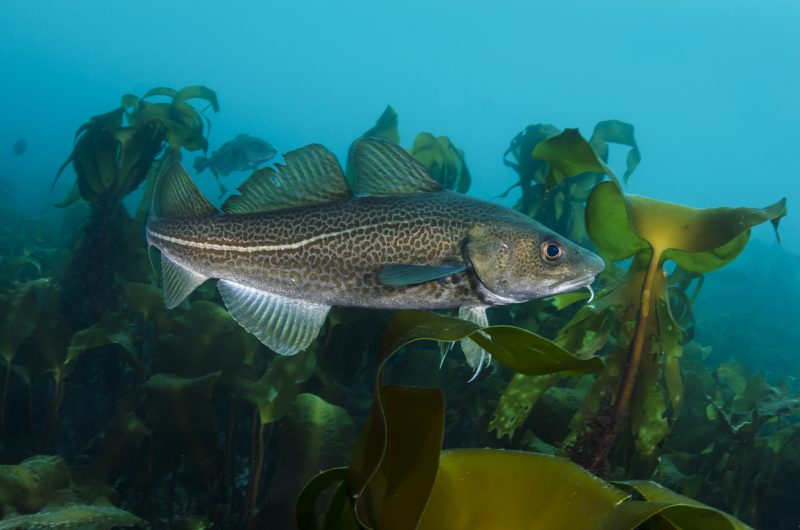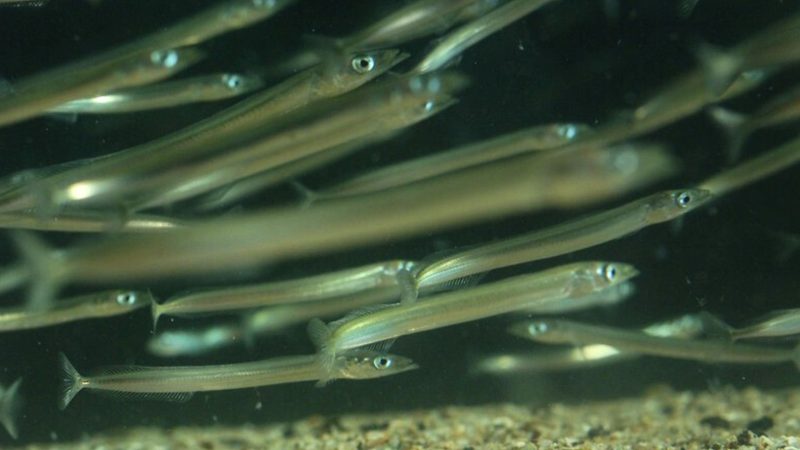The 14 Overseas Territories hold 94 per cent of the UK’s biodiversity, but few are well protected from excessive or illegal fishing. The establishment of fully protected marine reserves in Overseas Territories waters would contribute significantly to the amount of global ocean under protection.
The creation of marine reserves would:
• Make a significant contribution to the recovery of struggling global fish stocks
• Enable the protection of remarkable biodiversity, including turtles, dolphins, seabirds, unique fish and large migratory predators such as marlin
• Open new economic avenues for remote islands in the form of eco-tourism and scientific expeditions
• Prevent slavery and exploitation of human beings that takes place aboard some industrial fishing vessels.
In March 2015, as a result of the GB Ocean coalition’s campaign, of which BLUE is part, the UK government announced the designation of the world’s largest marine reserve around the Pitcairn Islands in the Pacific and pledged to designate a further protected area around Ascension Island in the Atlantic, subject to the views of the local community. The combined protected areas of Pitcairn and Ascension alone will cover over a million square kilometres, twice the size of Spain. Alongside the commitment to create ‘Blue Belt’ around the other Overseas Territories, this is a potentially a huge gain for marine protection and was been described by two MPs as ‘the greatest conservation commitment by any government ever.’
BLUE has been working to ensure that these extraordinary pledges become a reality.
BLUE’s main focus currently is Ascension, the peak of a huge undersea volcano in the middle of the tropical Atlantic. Ascension Island’s elected representatives are in favour of marine protection, but they are also driven by economic necessity to consider re-opening their waters to fishing. The waters are already suspected of being plundered illegally. The designation of Ascension’s waters as the Atlantic’s largest marine reserve therefore remains in no way a done deal.
On 16 September 2015, BLUE convened a gathering of MPs at the House of Commons to discuss progress to date in making the Blue Belts commitment a reality. At this meeting, Oliver Letwin, the Chancellor of the Duchy of Lancaster, and the minister responsible for implementing the manifesto, acknowledged BLUE’s pivotal role in the campaign. He confirmed that his interpretation of ‘Blue Belts’ was ‘a series of vast marine protected areas beside sustainable fisheries in many cases.’ Charles Clover responded by praising the government for its pledge and assuring the inhabitants of the Overseas Territories that it was BLUE’s intention that the commitment would bring new benefits.
Charles Clover visited the island in October to meet the Ascension Island Government and the islanders. His visit was designed to coincide with a major expedition some of BLUE’s donors funded in the nick of time to look at the unexplored deep-water habitats around Ascension. Until this autumn, no one had looked at the island’s waters below dive depth. It was at the frontier of science. Twelve scientists from six top national institutes spent an intensive three days looking at what lived from 100 to 1000 metres from the British Antarctic Survey ship, the James Clark Ross. The results were both timely and persuasive, reminding the islanders of the uniqueness of what lies around their shores and tipping the scales further towards protection. Unprompted, the scientists called their report: ‘Marine biodiversity of Ascension Island’s shelf; scientific support for a marine protected area.’
The day after Charles returned from Ascension, the Ascension Island Government agreed a plan to close 52.6% of its waters to fishing from January 2016, for the foreseeable future, with enforcement paid for initially by BLUE, thanks to a generous grant from the Bacon Foundation.
BLUE negotiated in the agreement with the Ascension Island Government that the fishery to the north of the island be regularly patrolled, monitored by satellite and managed according to best practice, with a total ban on shark finning.
An area extending out 50 nautical miles and comprising nearly all of the southern half of Ascension’s waters will exclude fishing altogether. This too will be enforced and monitored by a combination of satellite and patrol boat.
On the morning of 3 January 2016 the news headlines confirmed, ‘An area almost the size of the UK is to be closed to fishing around Ascension in the tropical Atlantic.’ Articles appeared on the BBC, in the Sunday Times and many other publications. Our tiny charity had secured the largest no-take zone in the Atlantic.
Click through to link to the article which appears on our current website
BLUE’s priority is to work with our GB Oceans colleagues to ensure that Ascension’s newly closed area becomes a fully designated reserve, which would be the largest marine protected area in the Atlantic.


















